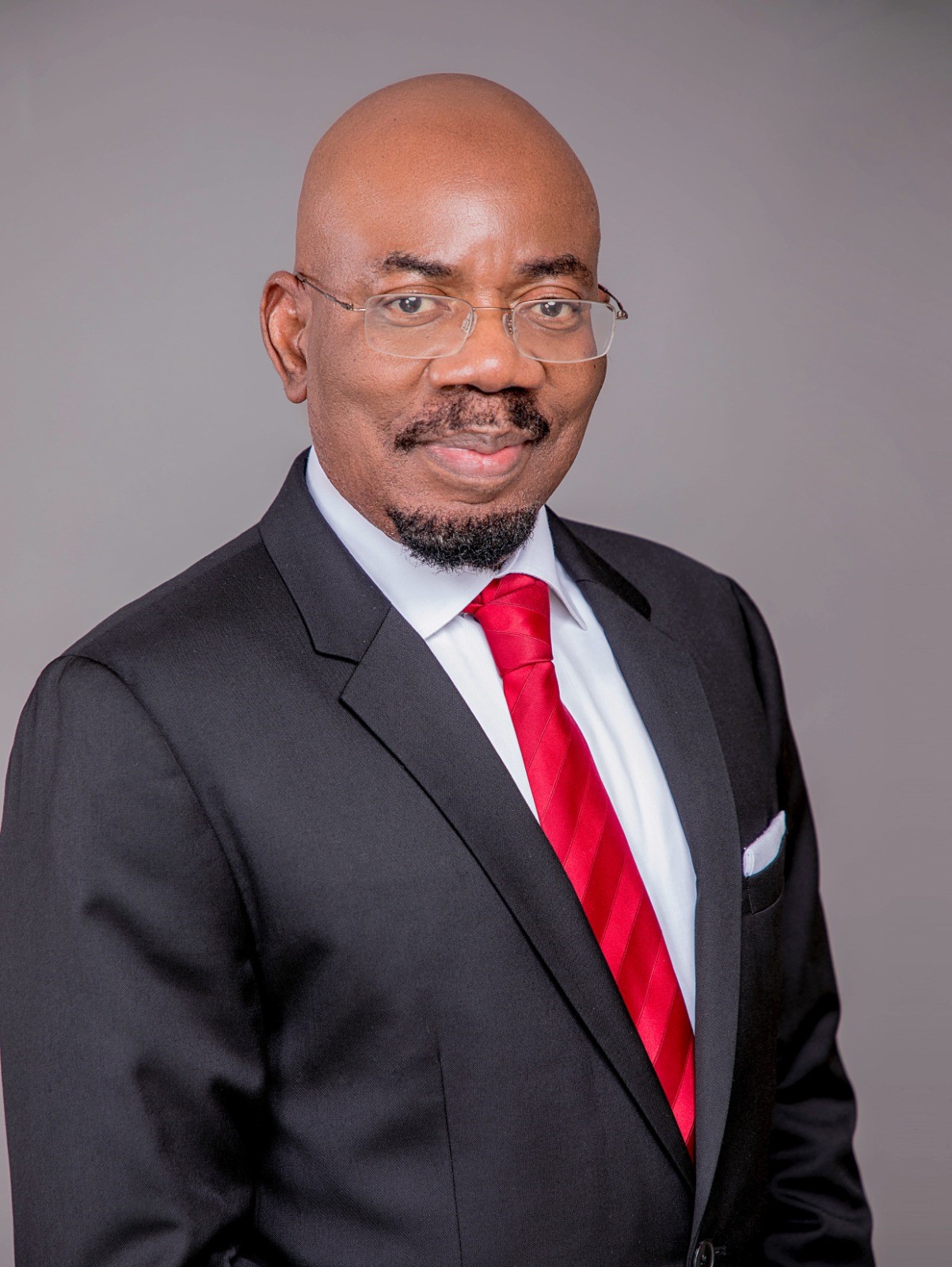- Operators Kick as Nigeria Opens Skies to More African Airlines
More airlines from African countries are expected to begin frequent flights into Nigeria in the coming months following the inauguration of the Single African Air Transport in Addis Ababa, Ethiopia.
Industry sources stated that the restrictions on frequency of flights, capacity, route and ports of entry, and the 5th Freedom Traffic Right had been lifted.
“These are some of the areas that were negotiated before under normal bilateral agreements but as soon as a country signs the open skies agreement, the restrictions are reviewed,” the source explained.
Under the frequency clause, airlines of member states will no longer be restricted as long as they have traffic on their chosen routes, while the restrictions on capacity, which placed emphasis on the type of aircraft that should be used on certain routes, have been lifted.
On route and ports of entry, member states airlines’ now have the freedom to fly into one another’s countries through any viable city.
The 5th freedom traffic, on the other hand, means that within Africa, member state airlines can fly into one another’s countries and proceed to another without much restriction. For instance, a Nigerian airline can fly from Lagos to Accra, Ghana and proceed to Abidjan, Cote D’Ivoire if it finds traffic.
SAATM was inaugurated on the margins of the 30th African Union Summit and under the treaty, member states are expected to abolish any provisions in their Bilateral Air Services Agreement for intra-African air services that are contrary to the provisions of the Yamoussoukro Decision, and will operate without the need for such agreements to enhance the objectives of the treaty.
“The Yamoussoukro Decision had its own template, which member states are now implementing under SAATM; they are about 18 articles. For those 23 champion states, that template has become the automatic template, especially those integrating clauses such as unrestricted freedom,” an industry source stated.
“This will encourage competition and help the airlines to grow, although there will still be designation if there was no airline operating on a particular route. And despite these unrestricted movements, there will still be eligibility criteria for airlines through diplomatic channels,” another source explained.
SAATM is a flagship project of the African Union Agenda 2063, an initiative to create a single unified and liberalised air transport market on the continent.
It was adopted by the AU Assembly in 2015 as a way of implementing the Yamoussoukro Decision of 1999 that provides for full liberalisation in terms of market access between African states, the free exercise of traffic rights, the elimination of restrictions on ownership and the full liberalisation of frequencies, fares and capacities.
Nigeria was among the champion states that declared their solemn commitment to establish SAATM upon the adoption of the declaration by the Assembly of Heads of State and Government of the AU.
The 22 other states are Benin, Botswana, Burkina Faso, Cape Verde, Congo, Côte d’Ivoire, Egypt, Ethiopia, and Gabon.
Others are Ghana, Guinea, Kenya, Liberia, Mali, Mozambique, Niger, Rwanda, Sierra Leone, South Africa, Swaziland, Togo and Zimbabwe, while Burundi and Uganda are also reportedly gearing up to becoming members.
The Minister of State for Aviation, Senator Hadi Sirika, had noted before the inauguration that the full implementation of the Yamoussoukro Decision through SAATM offered Nigeria and the continent in general an opportunity to enhance traffic connectivity and significant growth in passengers’ volumes over the next few years.
According to him, as part of the Federal Government’s solemn commitment to the implementation of SAATM this year, it has constituted a national implementation committee to review all the subsisting BASAs to be in consonance with the Yamoussoukro Decision, while the process of domesticating the decision is ongoing.
The Director-General, Nigerian Civil Aviation Authority, Capt. Muhtar Usman, said the liberalisation would create more jobs in the aviation and tourism sectors of the continent, increase member states’ annual Gross Domestic Products and revolutionise interconnectivity within the continent, among others.
The Regional Director, Member and External Affairs, International Air Transport Association, Africa and Middle East, Adefunke Adeyemi, had before the inauguration, stated that it would increase Africa’s current two per cent share of the global passenger traffic by an additional five million people as well as help passengers save between 25 and 35 per cent on fares.
Airline operators in the country are, however, opposed to the idea, saying that Nigeria’s aviation industry had many unresolved issues that would not enable the operators to get the benefits of SAATM.
According to the Chairman, Airline Operators of Nigeria, Capt. Nogie Meggison, Nigerians still require over 34 visas to travel within Africa alone.
This, according to him, is an issue that should be addressed before opening up the skies.
He also urged the government to come out with a clear policy that would position Nigerian airlines to take full advantage of the open skies.
“Nigerian airlines are at a disadvantage to other African airlines that are largely government-owned and heavily subsidised. For instance, South African Airways got on the average about $350m yearly in the past decade; Kenya Airways got about $600m in 2016, while RwandAir has never published its financial results for over a decade. Yet they will be competing against Nigerian airlines with private finance at 28 per cent,” Meggison stated.
He also pointed out that Nigeria was the only country in Africa with eight entry points, while most of the other nations had only one entry point.
“Nigeria is simply not ready to handle the level of unfair competition that the full implementation of SAATM will bring upon the country.
“ A full implementation at this time will lead to massive capital flight, huge loss of jobs for our youths and mortgaging of our beloved children’s future, as well as a further collapse of the already failing Nigerian aviation system,” he added.
Industry sources, however, stated that there would be no going back on the open skies agreement.
“Once you sign, it is a confirmation that you accept the provisions of the treaty and Nigeria was one of the first 11 countries to sign. We should focus on its benefits. SAATM will help to integrate cultures and businesses, and a lot of countries are already responding by reviewing their visa issuing policies. It will create a healthy competition for airlines too,” one of the sources stated.


 Forex4 weeks ago
Forex4 weeks ago
 Naira3 weeks ago
Naira3 weeks ago
 Billionaire Watch3 weeks ago
Billionaire Watch3 weeks ago




 Naira3 weeks ago
Naira3 weeks ago








 Naira3 weeks ago
Naira3 weeks ago


 Naira2 weeks ago
Naira2 weeks ago








 Naira2 weeks ago
Naira2 weeks ago








 Naira4 weeks ago
Naira4 weeks ago























